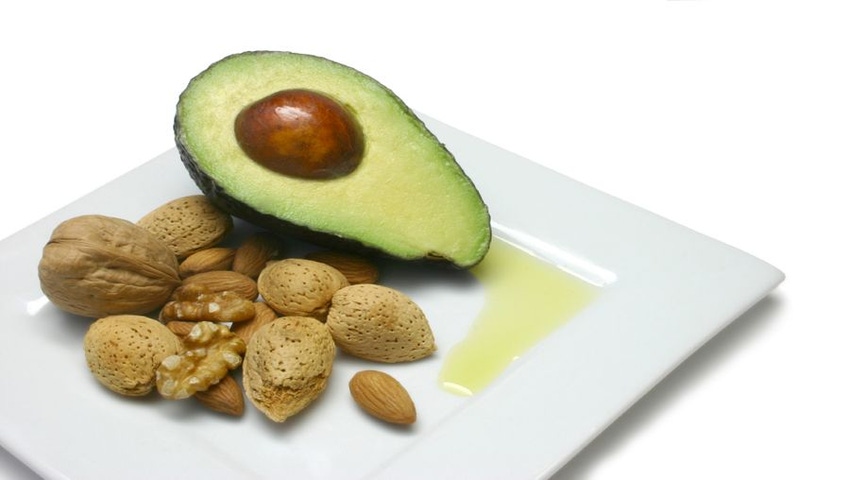Genetic Variation Helps Vegetarians Process Omega-3s, Omega-6s
A genetic variation evolved in populations that historically have favored vegetarian diets, such as in India, Africa and parts of East Asia, allows them to efficiently process omega-3 and omega-6 fatty acids and convert them into compounds essential for early brain development and controlling inflammation, according to a new study published in the journal Molecular Biology and Evolution

A genetic variation evolved in populations that historically have favored vegetarian diets, such as in India, Africa and parts of East Asia, allows them to efficiently process omega-3 and omega-6 fatty acids and convert them into compounds essential for early brain development and controlling inflammation, according to a new study published in the journal Molecular Biology and Evolution. The researchers also discovered a different version of this gene adapted to a marine diet among the Inuit in Greenland, who mainly consume seafood.
The vegetarian allele evolved in populations that have eaten a plant-based diet over hundreds of generations. Straying from a balanced omega-6 to omega-3 diet, may make people with the adapted gene more susceptible to inflammation, and by association, an increased risk of heart disease and colon cancer.
Researchers from Cornell University analyzed frequencies of the vegetarian allele in 234 primarily vegetarian Indians and 311 U.S. individuals and found the vegetarian allele in 68 percent of the Indians and in just 18 percent of Americans. Analysis using data from the 1,000 Genomes Project similarly found the vegetarian allele in 70 percent of South Asians, 53 percent of Africans, 29 percent of East Asians, and 17 percent of Europeans.
In Inuit populations of Greenland, the researchers uncovered that a previously identified adaptation is opposite to the one found in long-standing vegetarian populations: While the vegetarian allele has an insertion of 22 bases (a base is a building block of DNA) within the gene, this insertion was found to be deleted in the seafood allele.
“The opposite allele is likely driving adaptation in Inuit," said Kaixiong Ye, co-lead author. “Our study is the first to connect an insertion allele with vegetarian diets, and the deletion allele with a marine diet."
The researchers said several studies have pointed to adaptation in this region of the genome. Their analyses combine to show that the adaptation is driven by an insertion of a small piece of DNA that we know its function. Moreover, when it reached the Greenlandic Inuit, with their marine-based diet rich in omega-3, it might have become detrimental.
FADS1 and FADS2 are enzymes that are essential for converting omega-3 and omega-6 fatty acids into downstream products needed for brain development and controlling inflammation. Meat and seafood eaters have less need for increased FADS1 and FADS2 enzymes to get proper nutrition because their omega-3 and omega-6 fatty acid conversion process is simpler and requires fewer steps.
The study is based on previous work by co-senior author Tom Brenna, professor of human nutrition and of chemistry, who showed the insertion can regulate the expression of FADS1 and FADS2 and hypothesized it could be an adaptation in vegetarian populations.
“One implication from our study is that we can use this genomic information to try to tailor our diet so it is matched to our genome, which is called personalized nutrition," he added.
About the Author(s)
You May Also Like






.png?width=800&auto=webp&quality=80&disable=upscale)